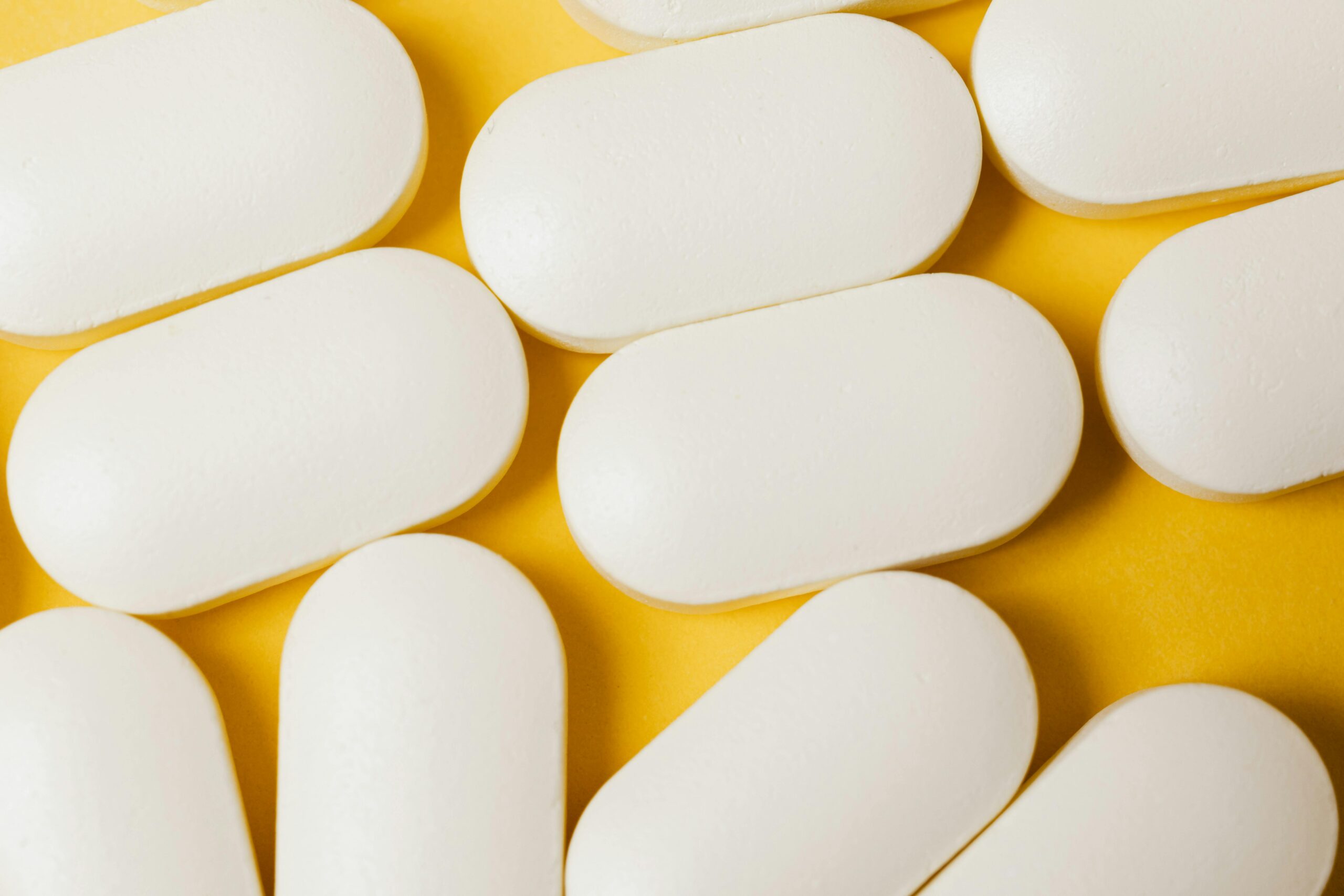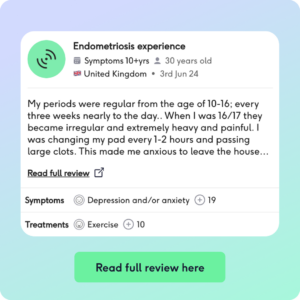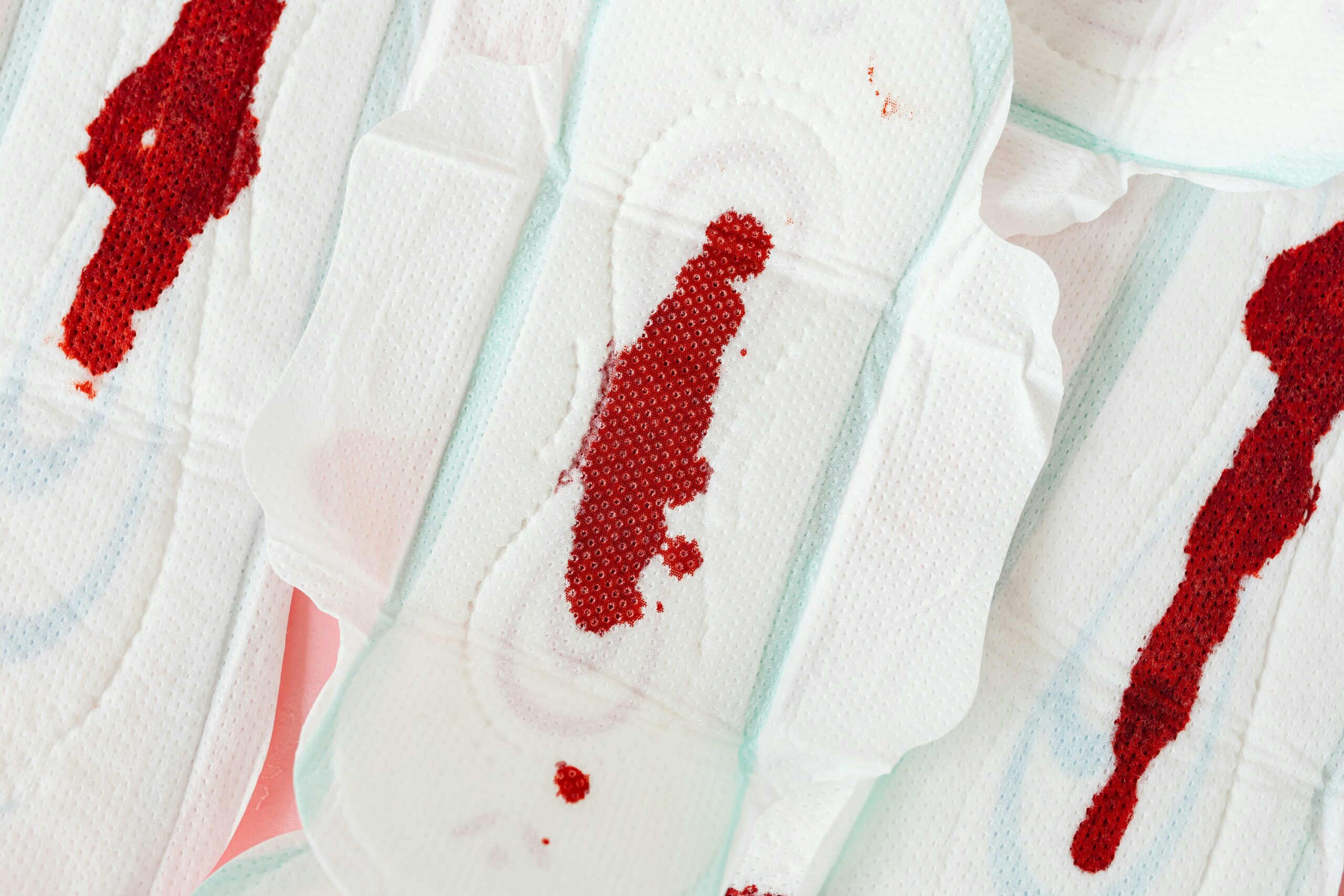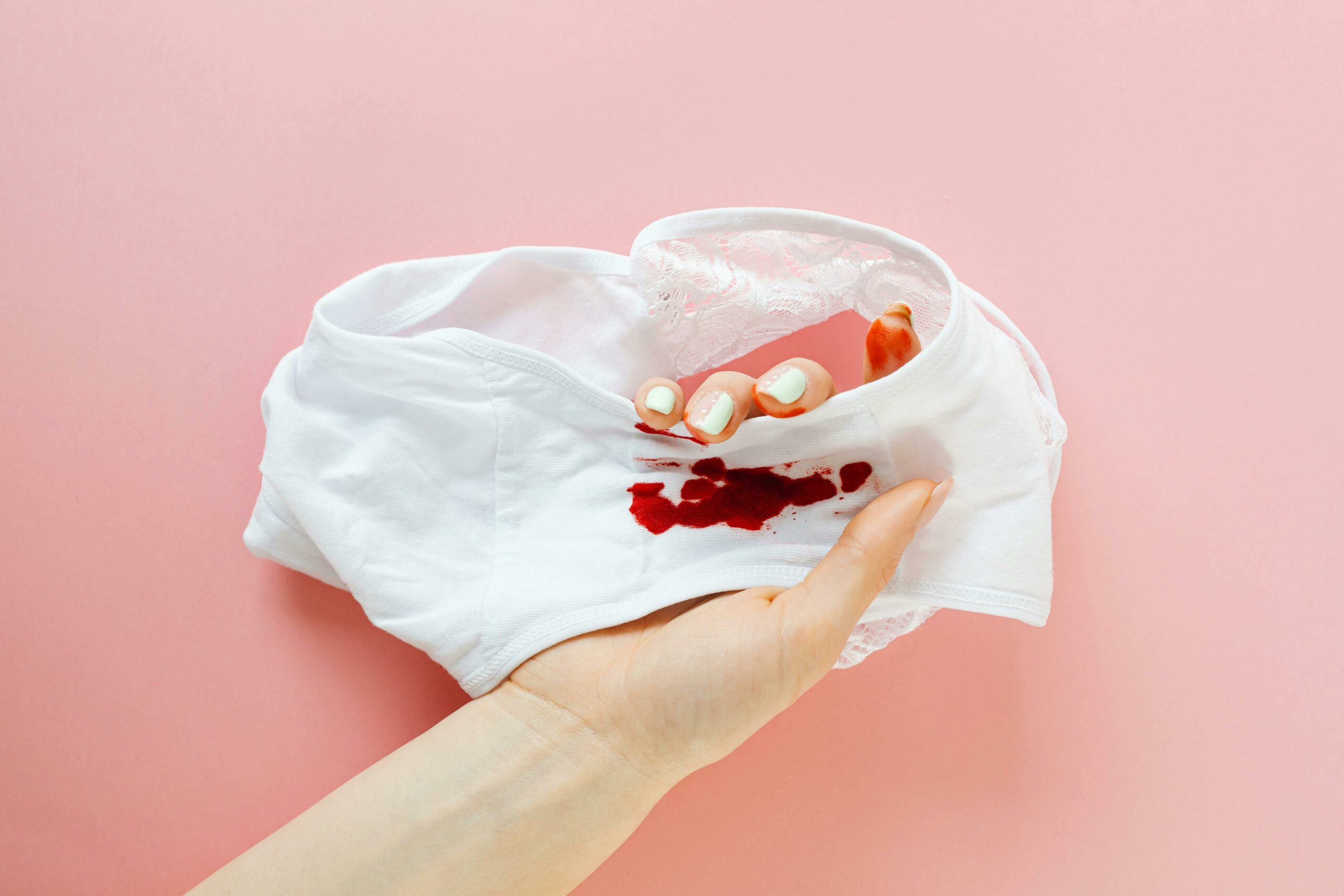
Signs you’re losing too much blood during your period
In this article
What's the lowdown?
Heavy menstrual bleeding is medically known as menorrhagia
Menstruators should lose between 25-80mls on their period, with menorrhagia defined as greater than 80mls loss of blood
It can be caused by a medical or gynecological condition, but there is not always a cause found
What is menorrhagia?
Have you ever wondered how much blood you lose on your period? Who has ever weighed their pads or tampons? Definitely not me!
It is generally regarded that you lose 25-80ml1 of blood and anything over 80ml is considered heavy menstrual bleeding. But again, how would we know this?
This is why the old definition has evolved to a new definition without actually measuring the amount of blood lost. According to the National Institute of Clinical Excellence (NICE)1, heavy menstrual bleeding or menorrhagia is now defined as: “excessive menstrual blood loss which interferes with a woman’s physical, social, emotional, and/or material quality of life”
Am I losing too much blood?
Should you worry about your heavy bleeding? Absolutely you should. If you think your periods are hindering you from being your bold energetic self, then definitely get it looked at.
So now we know heavy blood loss is based on the impact it has on your life. Let’s look at the symptoms this translates to.
Lifestyle signs of menorrhagia2:
- Changing your period product (pad or tampon) 1-2 hourly
- Changing your menstrual cup more frequently than recommended
- Having to use 2 types of period products together to prevent leaking
- Blood clots larger than 2.5cm (about the size of a 10p coin)
- Bleeding through your period product into your clothes
- Having to avoid participating in daily activities or taking time off work
Heavy bleeding is highly subjective. What might feel heavy for someone might not feel the same for you.
With significant blood loss, it can also lead to iron deficiency anaemia.
How do heavy periods lead to anaemia?
Anaemia is where your body does not have enough red blood cells to carry oxygen to your organs and muscles. When you have heavy periods and lose more blood than usual in your period, your body can’t keep up with replacing the blood cells you are losing. Your body needs iron to replace these blood cells, and when you’ve used up your iron stores manically trying to replace the blood, you then hit a wall and can’t make any more. This leads to iron deficiency anaemia. You might feel3:
- Tired
- Short of breath
- Heart beating too fast (palpitations)
- Looking pale
- Headaches
What might be causing my heavy periods?
Sometimes it might just be normal to have heavy periods without an underlying condition. Sometimes over the course of your roughly 450 periods throughout life, some might just be heavier than others.
There are a wide range gynaecological conditions that might be the reason you are bleeding heavily2:
- Polycystic ovaries
- Fibroids
- Endometriosis
- Adenomyosis
- Pelvic inflammatory disease

Other reasons that can increase your bleeding include:
- Anticoagulant medications
- Chemotherapy medications
- Thyroid problems
- Clotting disorders such as Von Willebrand disease
- Stress
- Depression
How do I get a diagnosis?
Getting a diagnosis is an important first step in getting the support you need to manage your periods.
If you are worried that you might be struggling with menorrhagia, start by recording your physical and lifestyle symptoms. The more you know about your body, the better you will be able to advocate for yourself when speaking to a healthcare professional.
A great place to start is by speaking to one of our in-house GPs. We can offer you a safe environment to express your worries!
Treatments
The aim of treatments, of course, is to alleviate your symptoms and make life easier. Your periods should not take over your life! If you need help, we encourage you to get help!
General treatments include1:
- Contraception (the intrauterine system (IUS) or the combined oral contraceptive pill (yes contraception can do so much more than preventing pregnancy)
- Medications that reduce bleeding like tranexamic acid
- Anti-inflammatory medications (bear in mind these are prescription-only medications) like mefenamic acid or naproxen
If you are also low in iron, your GP can give you some iron tablets to boost these level1.
But if these fail, you might need a referral to a specialist to get to the root of the problem and treat it with some more intensive treatments.
So what now?
Now you advocate for yourself. As NICE said, periods are considered heavy if they have a significant effect on your physical, social, emotional, and material quality of life.
If you feel this resonates with you, track your symptoms and period product use. Then reach out to your GP but if you’re not keen on the long waiting times, speak to one of our women’s health GPs today!
Our medical review process
This article has been medically reviewed for factual and up to date information by a Lowdown doctor.






